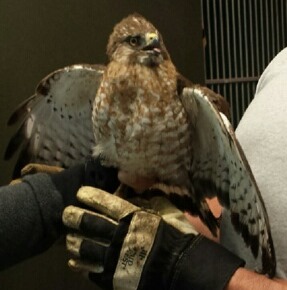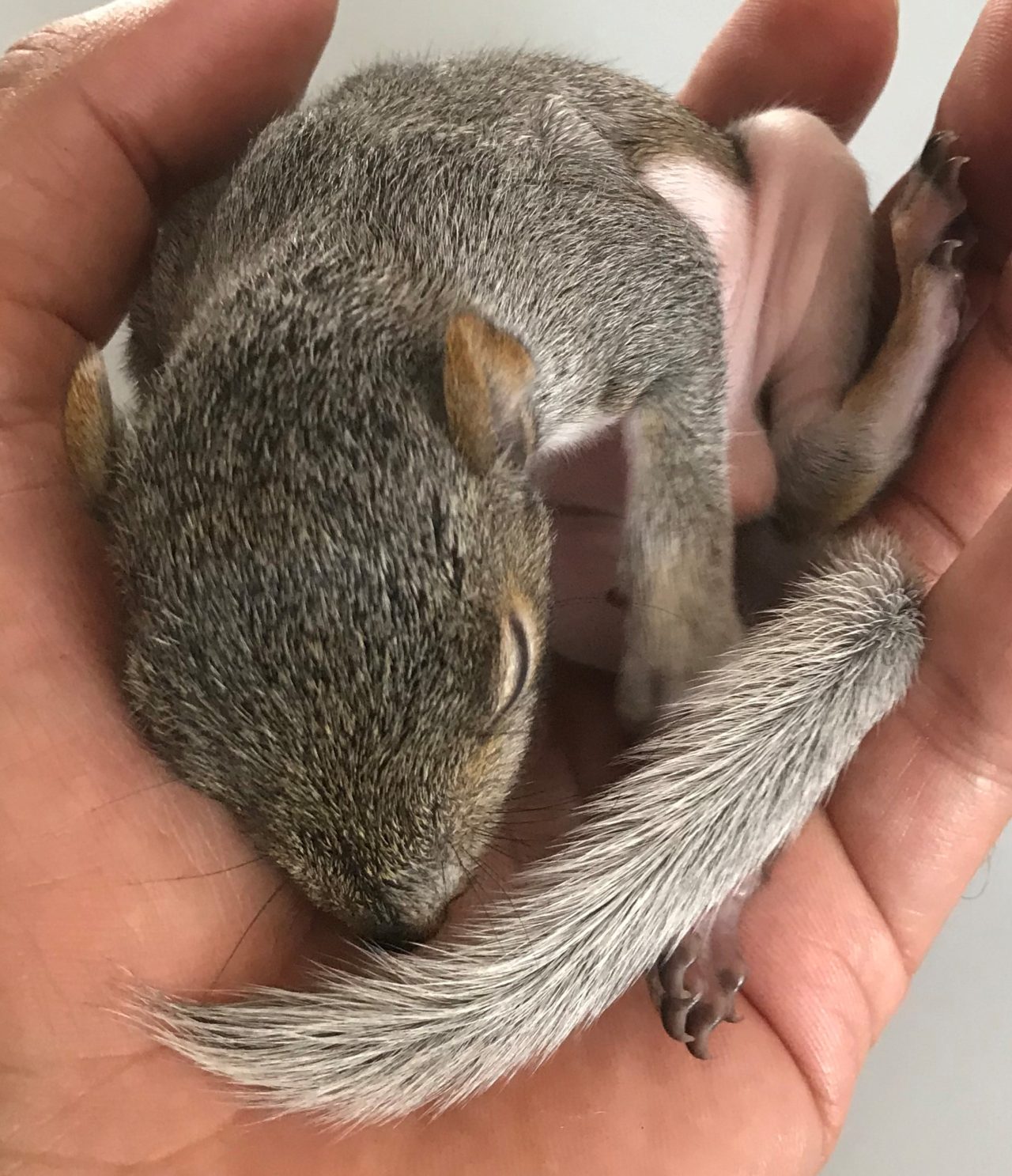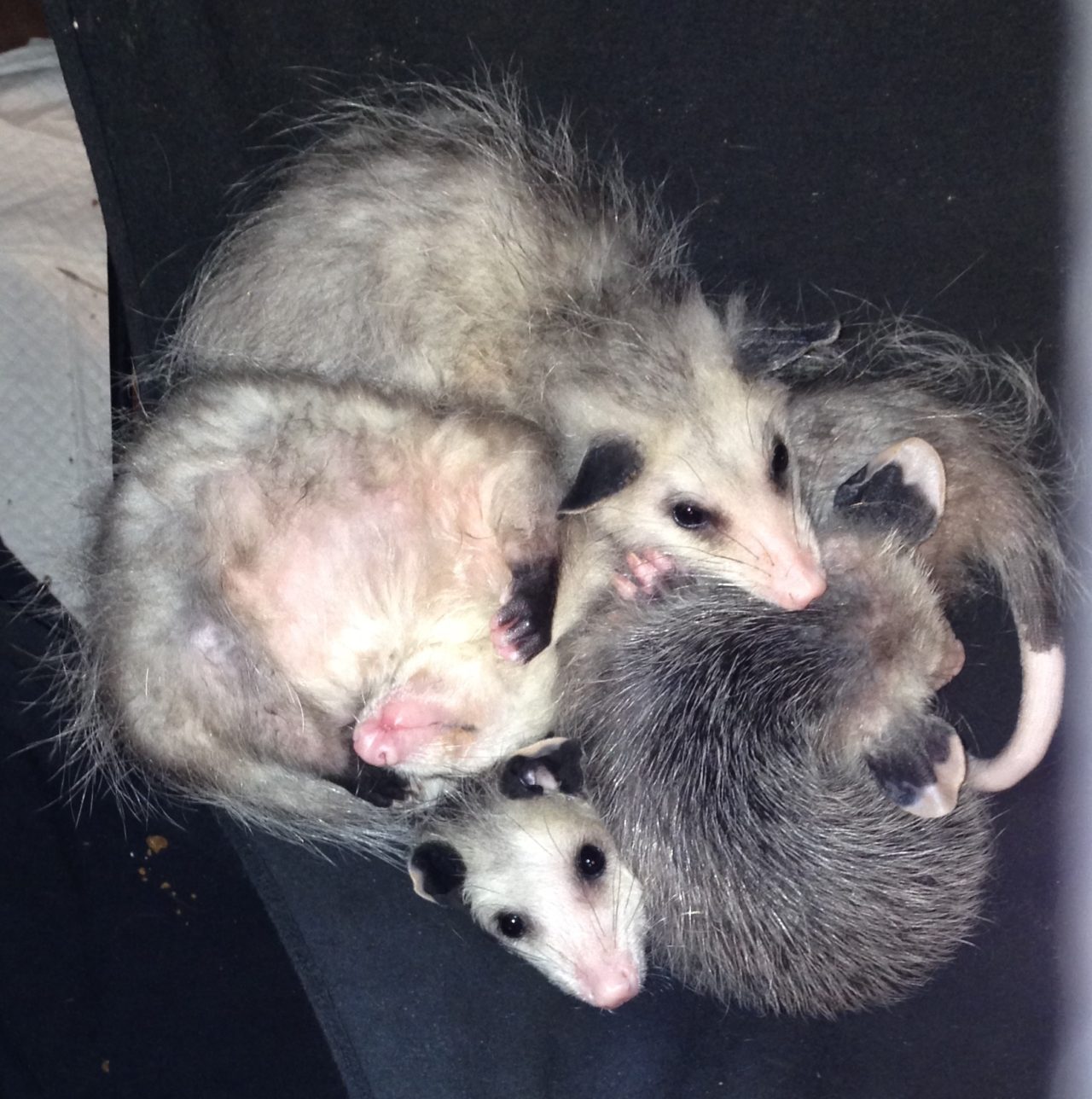We are against the killing of animals. Euthanasia is the killing of animals. Therefore, we are against euthanasia.
What we stand for is basic and clear. Scientific knowledge and advances must be put to further use to benefit wildlife. If you agree, we welcome your donation, in solidarity and empathy, to help animals to the better future they deserve.
Here are some elaborations on our position:
Euthanasia of wild animals is different than of humans. A wild animal cannot give consent.
Euthanasia is often abused by those who cite “financial,” “logistical,” and other spurious arguments, which we classify as betraying animals under care. This is sometimes termed “convenience euthanasia” in practice. We have yet to find an organization which euthanizes while avoiding this trap. It is simply too easy a habit for wildlife caregivers to fall into. Many euthanize to “free up limited space, time, and resources” for “higher probability” patients as if doing battlefield triage. We do not accept any supposed solution that involves more killing. We seek to help create more numerous, effective, scientific, and rational caregivers who are better able to give animals every chance to live, adapt, and thrive.
Euthanasia slows or stops the solving of core problems of animal care, especially those of palliative and convalescent care. Potentially related advances in human medicine are thus impeded as well.
Euthanasia keeps capable, adaptable, “non-releasable” animals with good dispositions from being “re-homed,” depriving them of lives full of enrichment, care, and opportunities to be ambassadors for their species… conduits for better communication, and wellsprings of knowledge and understanding between species.
Euthanasia often turns wildlife care facilities into “mills,” where improperly staffed organizations get mired in a destructive loop. Many wildlife care facilities take in more animals than they should, then increase their euthanasia frequency due to being “overwhelmed.” Every animal under care deserves to be treated as if it is the only animal under care, just as you do when you need medical help. We view organizations that do not strive to provide such a level of care as subverting their own missions.
Wild animals are vulnerable to victimization given lower legal thresholds, lack of oversight, and the preponderance of specious dogma that can affect so many aspects of care-giving. Many “wildlife care manuals” and organizations encourage euthanasia “early and often” for various unscientific, illogical, and unjust reasons.
Euthanasia takes a negative toll on the well-being of practitioners. Many practice euthanasia to temporarily blunt their own suffering and discomfort. Too many become defensive, closed-minded, and irrational when presented with better alternatives than euthanasia. Many systems of animal care aim to require those who work hard to save animals to often kill animals instead, which is illogical and damaging. Euthanasia is not a fundamental, one-size-fits-all “need” or “right” of animals. We simply will not knowingly, directly assist unscientific wildlife organizations or caregivers who make absolutist pro-euthanasia representations.
Euthanasia is often driven by outdated and unscientific “requirements” based on “fullness of recovery” of an animal, regardless of the condition of the environment into which it would be released.
Wildlife care facilities that practice euthanasia are too rarely willing to publish clear data about their wildlife care success rates, often out of concern that doing so would dissuade donors.



